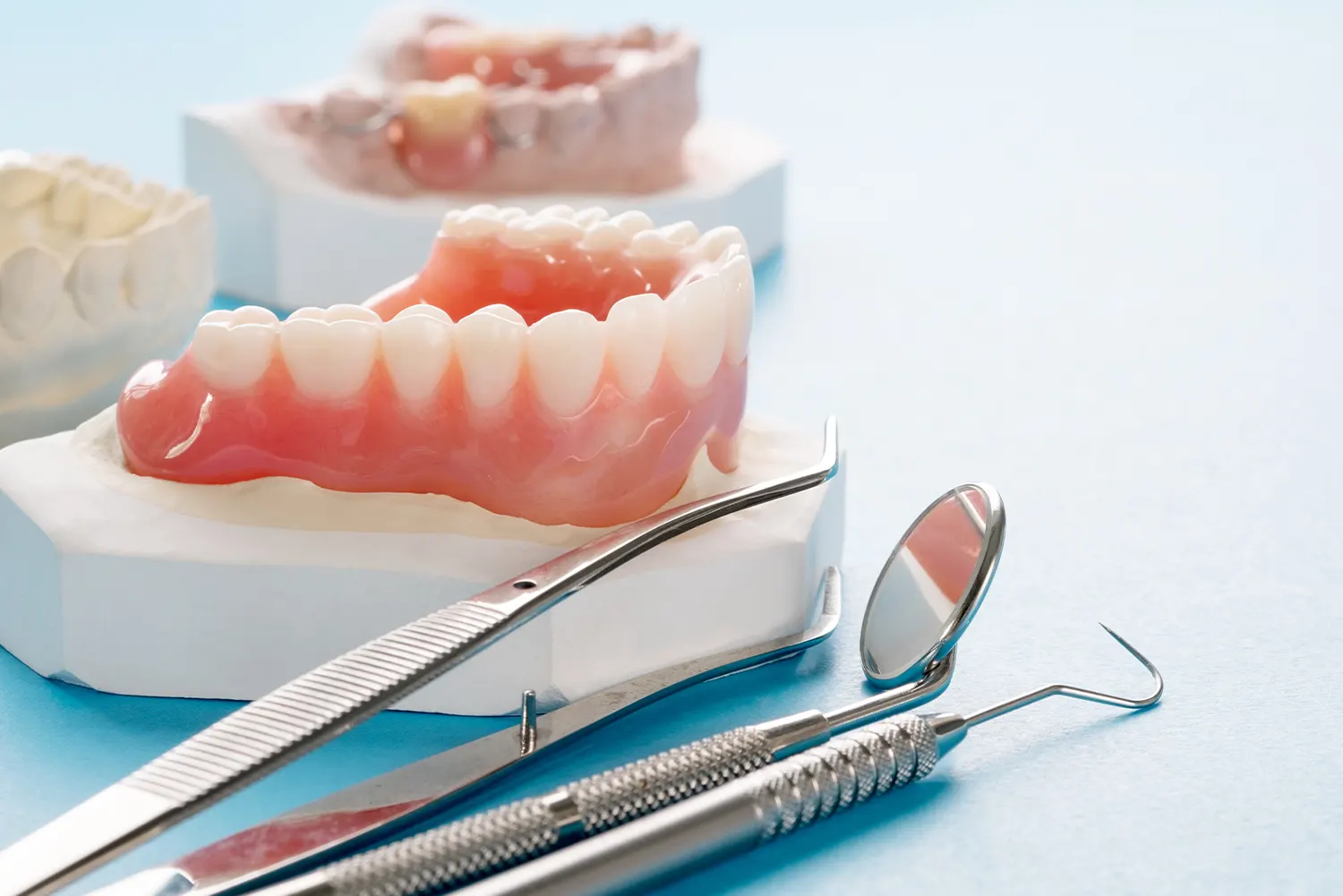
August 2, 2024
If you’re one of the millions of Americans who rely on dentures every day, you know how important it is for them to fit properly. Not only can ill-fitting dentures be uncomfortable, but they can also lead to serious oral health issues. In this blog post, we’ll explore the top five signs that your dentures may not be fitting as well as they should be.
1. Discomfort and Pain
One of the most obvious signs of ill-fitting dentures is discomfort or pain. While some level of discomfort is normal when you first start wearing dentures, ongoing pain is a clear sign that something isn’t right.
- You may feel a constant pressure on your gums or jaw.
- You might experience sore spots or blisters from the dentures rubbing against your gums.
- Eating or speaking may become painful.
2. Difficulty Eating or Speaking
Dentures should restore your ability to eat and speak normally. However, ill-fitting dentures can actually make these tasks more difficult.
- You may find it hard to chew certain foods, particularly hard or sticky items.
- Your speech may be slurred or unclear.
- You might find yourself frequently biting your tongue or cheeks.
3. Frequent Slippage
If your dentures frequently slip or move around in your mouth, this is a sure sign they don’t fit properly.
- You may find yourself constantly adjusting your dentures.
- They might “click” or “pop” when you talk or eat.
- You may even find that your dentures fall out when you laugh or cough.
4. Changes in Facial Appearance
Dentures that don’t fit properly can also cause noticeable changes in your facial appearance.
- Your face may appear “sunken” or “collapsed.”
- You may notice wrinkles around your mouth that weren’t there before.
- Your lips may appear thinner or more pursed than usual.
5. Frequent Mouth and Gum Infections
Ill-fitting dentures can lead to frequent mouth and gum infections.
- You may notice recurring bouts of thrush, a yeast infection that causes white patches in your mouth.
- You might develop denture stomatitis, a red, inflamed area underneath your dentures.
- You may have bad breath that doesn’t go away with brushing or mouthwash.
More Signs to Watch For
While the five signs we’ve discussed are common indicators of ill-fitting dentures, there are several other symptoms you should be aware of. These additional signs can be subtle but equally important in determining whether your dentures need adjustment. Pay attention to any increased saliva production, which may manifest as frequent swallowing or unexpected drooling. You might also notice difficulties in removing or inserting your dentures, a clear sign that their fit has changed. Watch for visible wear and tear on your dentures, such as cracks or changes in color, as these can affect fit and function. Additionally, be mindful of:
- A persistent gag reflex or feeling of fullness in your mouth
- Changes in your bite alignment or how your teeth come together
- Jaw pain or headaches that may result from misalignment
- Recurring mouth sores or ulcers where the dentures contact your gums
- A whistling sound when you speak
- Food particles frequently getting trapped under your dentures
- Sudden changes in your facial structure or profile
- Persistent bad breath that doesn’t improve with regular cleaning
Need Denture Adjustment in La Verne?
If you’re experiencing any of these signs, it’s important to seek professional help. At In Motion Dentists, Dr. Wade Banner can adjust your dentures to ensure they fit properly and comfortably. Don’t suffer in silence – reach out to us today to request an appointment.







